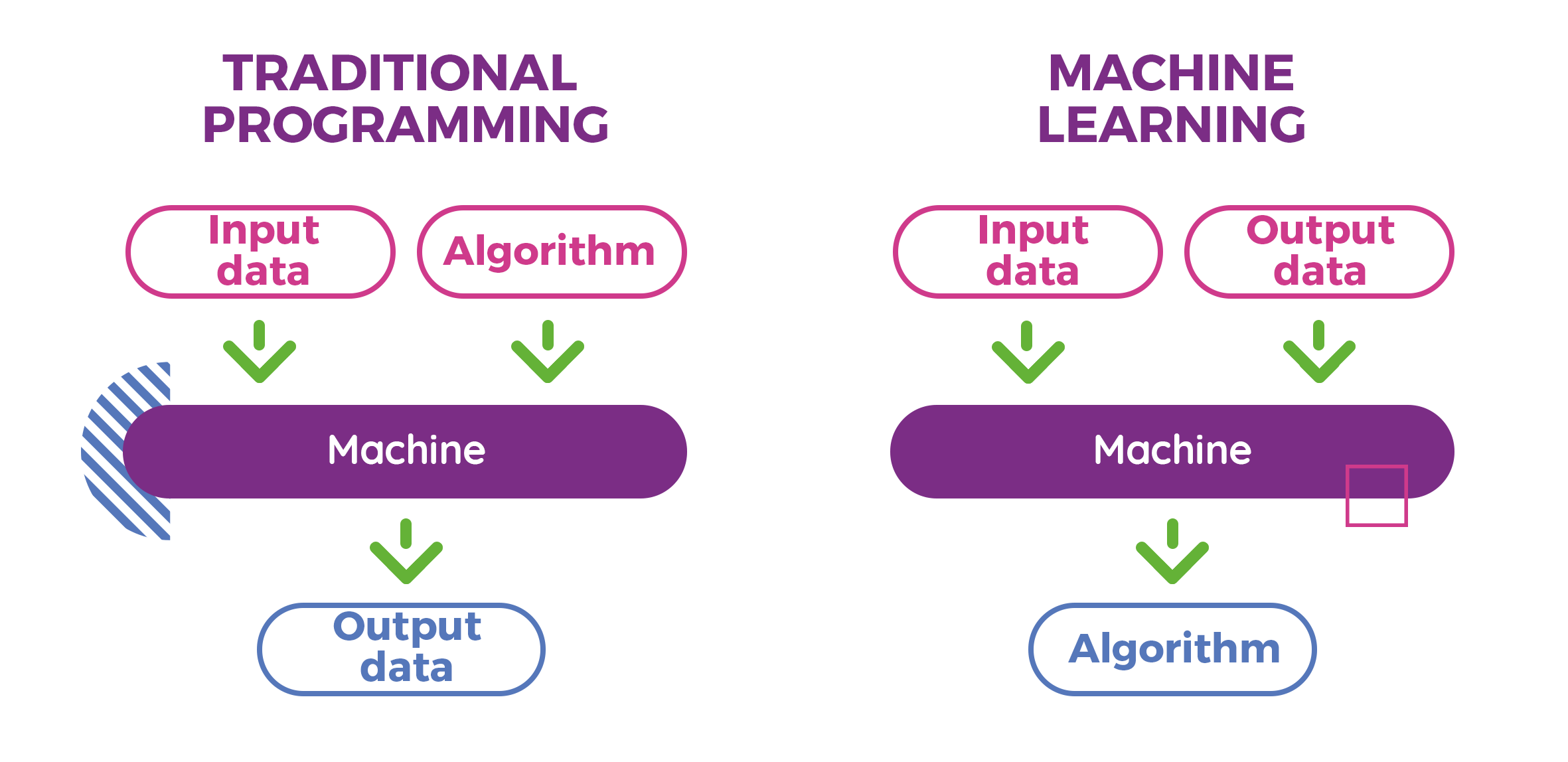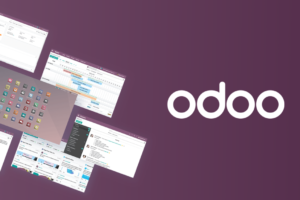In the ever-evolving landscape of data processing and analysis, Apache Spark has emerged as a game-changer. Its ability to handle large-scale data processing tasks with remarkable speed and efficiency has revolutionized the way developers approach big data challenges. From concept to code, Apache Spark plays a pivotal role in streamlining development workflows, enabling teams to turn ideas into reality with unprecedented ease and agility.
Introduction: Unveiling Apache Spark
Apache Spark is an open-source distributed computing system that provides an interface for programming entire clusters with implicit data parallelism and fault tolerance. It’s designed to efficiently handle both batch and real-time processing workloads, making it a versatile choice for a wide range of applications.
Know: Several Secrets to Nail Digital Marketing Techniques
The Spark Advantage: Simplifying Development
1. Unified Framework:
One of the most significant advantages of Apache Spark is its unified framework. Developers can write applications in Java, Scala, Python, or R, leveraging a consistent set of APIs across different languages. This unified approach simplifies development, allowing teams to focus on solving business problems rather than wrestling with language-specific nuances.
2. Speed and Performance:
Spark’s in-memory computing capabilities enable lightning-fast processing speeds, significantly outperforming traditional disk-based processing frameworks. By caching data in memory across multiple parallel operations, Spark minimizes disk I/O and reduces processing latency, making it ideal for time-sensitive applications such as real-time analytics and machine learning.
3. Fault Tolerance:
Spark’s built-in fault tolerance mechanisms ensure that data processing tasks are resilient to failures. By maintaining lineage information, Spark can recompute lost data partitions from the original source, thereby guaranteeing the reliability of distributed computations. This fault tolerance feature simplifies development by relieving developers of the burden of manually handling failures and retries.
Read: How to Unlock Revenue in Tech Streams With Generative AI?
Streamlining Development Workflows with Spark
1. Rapid Prototyping:
With its interactive shell and rich set of APIs, Spark facilitates rapid prototyping of data processing pipelines. Developers can quickly experiment with different transformations and algorithms, iteratively refining their code until they achieve the desired results. This iterative development approach accelerates the prototyping phase, enabling teams to validate concepts and iterate on ideas with minimal overhead.
2. Scalable Data Processing:
Spark’s ability to scale horizontally across clusters of commodity hardware makes it an ideal choice for handling large-scale data processing tasks. Whether processing terabytes or petabytes of data, Spark seamlessly distributes workloads across multiple nodes, enabling linear scalability with minimal performance degradation. This scalability feature empowers developers to tackle big data challenges without being limited by hardware constraints.
3. Real-time Stream Processing:
In addition to batch processing, Spark supports real-time stream processing through its structured streaming API. Developers can build continuous data pipelines that ingest, process, and analyze streaming data in near real-time, enabling timely insights and actionable intelligence. This real-time processing capability opens up new possibilities for applications such as fraud detection, sensor data analysis, and personalized recommendations.
Conclusion: Empowering Innovation with Spark
From concept to code, Apache Spark serves as a catalyst for innovation, empowering developers to unlock the full potential of their data. Its unified framework, speed, performance, and fault tolerance make it a cornerstone of modern data processing workflows. By streamlining development processes and enabling rapid iteration, Spark accelerates time-to-market for data-driven applications, driving business value and fueling digital transformation initiatives. Embracing Apache Spark is not just a choice; it’s a strategic imperative for organizations looking to thrive in the data-driven era.








